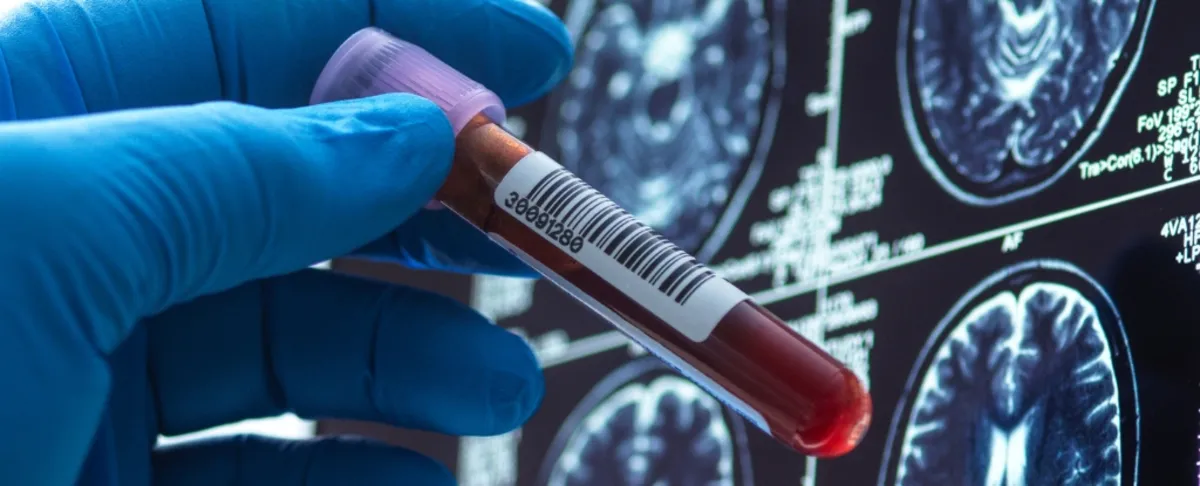
After decades of unsuccessful research, two new drugs and a groundbreaking blood test have emerged, offering hope to Alzheimer's patients in their battle against this debilitating disease. However, lingering questions about the effectiveness of these advancements remain. Alzheimer's disease accounts for approximately 70 percent of dementia cases worldwide and is a leading cause of death among the elderly population. In light of Alzheimer's Day this Sunday, let's explore the latest developments in the prevention, diagnosis, and treatment of this challenging condition.
Billions of dollars have been invested in the search for a treatment for Alzheimer's disease over the years, but progress has been disappointingly slow—until recently. The introduction of Eli Lilly's donanemab and Biogen and Eisai's lecanemab marks a significant milestone, as these are the first treatments shown to significantly slow the progression of Alzheimer's. However, these expensive treatments exhibit only modest effectiveness and are primarily beneficial for patients in the early stages of the disease.
Moreover, potential side effects, including serious brain hemorrhages, have raised concerns among medical professionals and patients alike. This has ignited a heated debate about whether the benefits of these drugs outweigh the associated risks. National health regulators have varied in their responses; for instance, while lecanemab, marketed as Leqembi, has received approval in many countries, including the United States, French health authorities have recommended against reimbursing the drug through their state-run insurance system. Similarly, the UK's health spending watchdog has concluded that both new Alzheimer's drugs do not provide sufficient benefits relative to their costs.
Another contentious issue in Alzheimer's research is the approach to diagnosing the disease. Traditionally, diagnosing Alzheimer's has involved an invasive and costly lumbar puncture, which can eliminate some higher-risk patients from consideration. However, a new, less invasive blood test that detects biological markers of the disease has recently been developed.
As of May, US authorities have authorized this blood test, but it has yet to receive approval in Europe. A clinical trial for one such blood test has recently been launched in Britain. The central question remains whether this blood test can reliably diagnose Alzheimer's on its own. Last year, the US nonprofit Alzheimer's Association updated its criteria to state that biomarkers can be sufficient for diagnosis. In contrast, many European specialists argue that a comprehensive clinical examination is still necessary to confirm cognitive and functional decline. Dutch neurologist Edo Richard highlighted that numerous patients with abnormal biomarkers never progress to dementia, casting further doubt on the reliability of the blood test.
Consensus exists on the risk factors contributing to the development of Alzheimer's disease and dementia more broadly. Nearly half of all cases are associated with factors such as obesity, smoking, alcohol consumption, physical inactivity, and hearing loss, as noted in an expert review published in The Lancet last year. There is an increasing body of research investigating whether programs promoting healthier lifestyles, such as exercise and improved nutrition, can effectively combat Alzheimer's.
However, randomized controlled trials targeting these risk factors have yielded limited or no significant effects on cognitive decline or dementia, according to Richard. A recent study published in JAMA indicated that cognitive decline in Alzheimer's patients slowed slightly after two years of intensive health support. Although progress may seem minimal to patients and their families, French epidemiologist Cecilia Samieri expressed optimism at a recent conference, emphasizing that compared to just a few years ago, even small advancements are noteworthy. She believes that long-term trials lasting 10 to 15 years are essential to truly gauge the efficacy of interventions against chronic diseases like Alzheimer's.